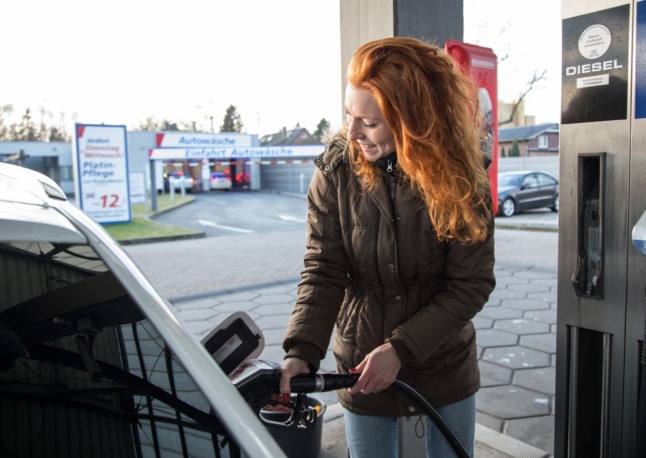The next coalition is promising to ‘dare to make progress’ in its government programme, with a particular emphasis on an ambitious climate policy. But there are many smaller changes that will have a more immediate impact on our lives.
Here are the key changes that are planned.
Families with children are to benefit from more daycare places and all-day care in schools.
They want to introduce a new child allowance, which is intended to support families on low incomes. It will wrap in the current child benefits, with other welfare including education support.
There is also a gift to new parents. Both parents are to receive two weeks’ paid leave after the birth of a child, while parental payments will also be extended for an additional month.
Tenants will no longer have to bear the entire extra costs put on heating bills by CO2 taxes. The coalition wants to achieve “fair sharing” by making landlords take on some of the costs.
The coalition wants to develop a model for the sharing of costs according to energy classes by mid-2022. If they haven’t done so by that time, they’ve agreed that cost will be shared 50/50 between tenant and landlord from June 1st onwards.
The rental brake, which limits new rents in areas with an overstretched housing market, will be extended and tightened up. As opposed to allowing rents to go up by 15 percent over three years, landlords will only be able to raise rents by up to 11 percent over this time.
READ MORE: Four ways to help lower your rent in Germany
Homeowners will have to prepare for higher costs of building their own four walls. Those who build or renovate will soon have to comply with higher energy standards. That means more insulation, new windows and more heat generation with solar and biofuels. For new private buildings, solar panels are to become the rule, but they won’t be mandatory.
From 2025 onward, only heating systems that use 65 percent renewable energy, such as heat pumps, are to be allowed.
Electricity customers are to be offered relief on energy bills, which have been shooting up recently. From 2023, the EEG levy to promote green electricity will no longer be financed via the electricity bill, but by the federal government.
SEE ALSO: Why households in Germany are facing higher energy bills
According to comparison portal Verivox, abolishing the EEG will reduce the electricity bill for an average family by around €177 each year. The coalition also wants to offer a one-off increase in heating allowance to help households manage rising heating costs.
Car owners can expect fuel prices to keep rising. The CO2 tax will go up at the start of 2022, making petrol and diesel more expensive. However, a Green Party demand for a sharper rise to the carbon tax didn’t make it into the document.
 Petrol prices will go up next year. Photo: dpa-tmn | Christin Klose
Petrol prices will go up next year. Photo: dpa-tmn | Christin Klose
The state pension is to remain stable. In addition, more self-employed people are to be included in the statutory pension scheme. Some of the money paid in is to be invested on the capital market, which the coalition hopes will lead to better returns.
Low-wage earners will benefit from an increase in the minimum wage from the current €9.60 to €12 an hour. “This means a salary increase for ten million citizens,” said Olaf Scholz (SPD).
Rejected asylum seekers who learn German, are in steady work and do not commit crimes will be given new opportunities to remain in Germany permanently.
Family caregivers should receive more support including wage compensation for care-related time off.
Those who work in home office will still be able to claim a lump sum on their tax return next year. The allowance is €5 per day worked at home, up to a maximum of €600 per year.
SEE ALSO: Six Berlin cafes and co-working spaces to escape the home office
Teenagers are to be allowed to vote and obtain a driver’s license at an younger age. The voting age for federal elections is to be lowered to 16.
Accompanied driving is also to be possible from the age of 16, instead of the current 17. But drivers younger than 18 will still only be allowed to drive in the company of someone who is at least 30 years old.
The coalition agreement promises internet users anonymity while surfing. The ‘traffic light’ parties want as little monitoring and storage of communications data as possible. In the future, people who sign contracts online will be able to cancel them simply by clicking a button.
Consumers are to be given more protection against buying poorly manufactured products. Products that are used for a long time will have to have a correspondingly long warranty.



 Please whitelist us to continue reading.
Please whitelist us to continue reading.
Member comments